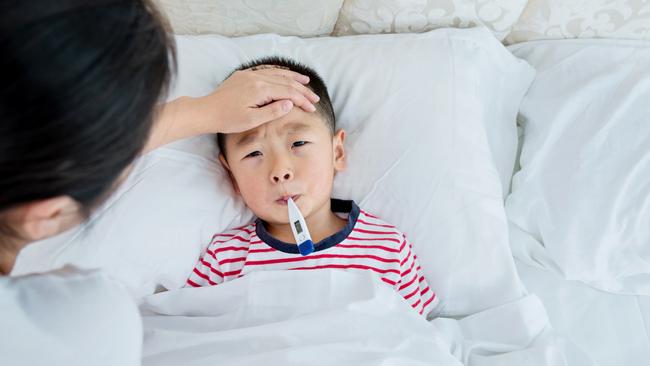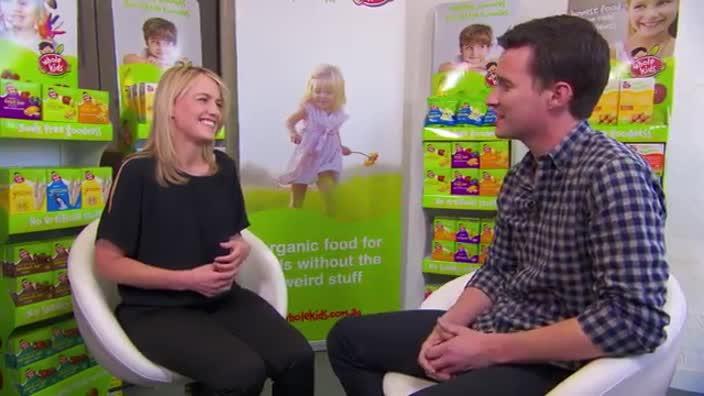Parents bypass GPs for kids’ health, University of Melbourne study finds
PARENTS’ lack of faith in GPs to care for their children may be partly driving overcrowded emergency departments, a new study has found.

VIC News
Don't miss out on the headlines from VIC News. Followed categories will be added to My News.
PARENTS’ lack of faith in general practitioners to care for their children’s health may partly be driving overcrowding of hospital emergency departments, a new study has found.
The first national survey of parental attitudes to GPs has revealed fewer than half had complete confidence in GPs to provide overall general healthcare to their child.
The University of Melbourne survey of 2100 parents’ attitudes to GPs’ handling of a child’s “general health” found that only 44 per cent had complete confidence; 45 per cent were only mostly confident.
When it came to providing care for minor injuries, not requiring an X-ray, only 56 per cent had complete confidence.
The study, led by Professor Gary Freed, concluded that low parental confidence in GPs led to more children being taken to hospital emergency departments for less urgent conditions, and more referrals to specialist care.
ROYAL CHILDREN’S HOSPITAL AT BREAKING POINT AS GP VISITS DROP

Prof Freed has previously found that most parents bringing a child with a non-urgent condition to an emergency department had not seen a GP first.
“A fundamental aspect of the Australian healthcare system is that primary care for patients of all ages is provided by GPs,” Prof Freed wrote.
“If confidence in the ability of GPs to provide primary care is diminishing among parents, it could have significant effects on the organisation and structure of the healthcare system.”
The study noted the Royal Children’s Hospital saw a 25 per cent increase — an extra 10,000 visitors — to outpatient clinics in the five years to 2015, well above the growth in Victoria’s paediatric population.
Prof Freed said while it was unclear why some parents were reluctant to see a GP, the fact that GPs and trainees were now treating fewer children may contribute to a reduced confidence in their abilities.
But vice president of the Royal Australian College of General Practitioners, Dr Edwin Kruys refuted suggestions that parental confidence was linked to the limited exposure GPs had to children in their training and daily clinics.
“GPs are often called on to check the child the day after they’ve been to the emergency department. It doesn’t reflect a lack of confidence in hospitals. Parents are anxious and naturally want to do the best by their child. It goes both ways, ” Dr Kruys said.
“I’m not sure the findings are reflective of what happens in general practice, but if there is some area we need to do better, we need to know that.”
The study findings were published in the Journal of Paediatrics and Child Health.


